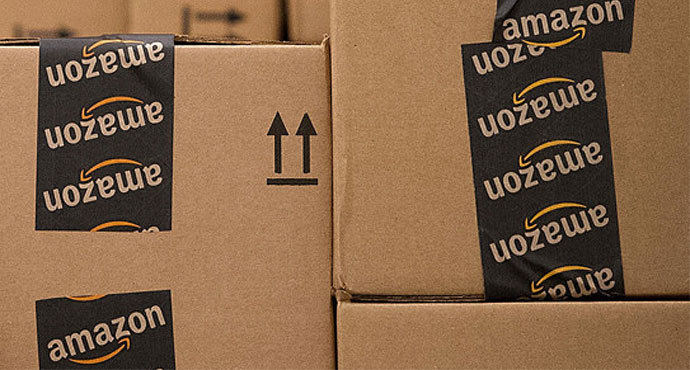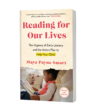Here’s my confession. I buy 90% of my books from Amazon (gulp!), even as I diligently link to Indiebound.org on my blog to spur readers to shop indie. I have not been walking the walk. Blame it on Prime or One-Click or the 2,000-employee fulfillment center one county over (which I visited — witness the addiction). The speedy delivery is alluring, addictive even. I’ve pondered using a site-blocking app to force alignment of my indie spirit and my buying habits, but Amazon’s mammoth selection of obscure titles by diverse authors is something I can’t part with.
Still, the indie book shops beat Amazon on two things I really value–building local literary community and making it easy to discover less-known local authors. Amazon’s advanced search is great if you know author names already, but you’re in the lurch if you’re looking for an author who writes from a particular locale. By contrast, local booksellers and librarians often have homegrown authors on the tips of their tongues.
For me, the special bonds that indie booksellers forge between authors and readers, particularly locally, is a compelling reason to choose them over Amazon more often. Reading local, something I just began doing consciously in the last five years, has drawn me into different genres, deepened my understanding of the community I live in, introduced me to wonderful author friends, and even bolstered my creative confidence by osmosis. You can’t get all of that from an algorithmic remove.
For instance, James River Writers, a nonprofit that builds community by connecting and inspiring writers and readers in central Virginia, has led me to exciting new authors. At JRW’s conference this year, I walked away from the Fountain Bookstore table with a wide range of books from Virginia writers. I dove into YA with Meg Medina’s Yaqui Delgado Wants to Kick Your Ass, winner of the Pura Belpré Award. And fell in love with Cece Bell’s memoir El Deafo, my very first graphic novel. I’ll remember A Gracious Plentyby Sheri Reynolds as the most lyrical, soulful ghost story I’ve ever read.
I flew through the books back-to-back-to-back. I was moved by the power of the authors’ printed words in combination with the ones I’d heard them speak live. Knowledge of their individual writing journeys, their local bonds (whether the books were set here or not), and even the memory of their distinct accents, deepened my reading experience and fueled my passion to share the titles with others. Heck, their examples even emboldened me to take my own storytelling farther.
In the afterglow of the conference, I recognize that meeting authors in person at lectures and readings is a privilege that’s paid forward by supporting the local institutions and organizations who host them. As Gigi Amateau, author of Come August, Come Freedom, told me recently, “Indie booksellers do more than sell books; they nurture, teach, train and connect authors to a larger network of readers.”
Independent booksellers may not be the most efficient delivery system for books, but often they’re the most intimate and inspiring one.
Do you try to connect with local authors? If so, how do you find them? Has the effort been worth it?


